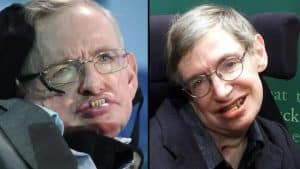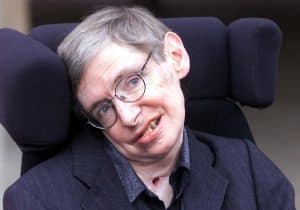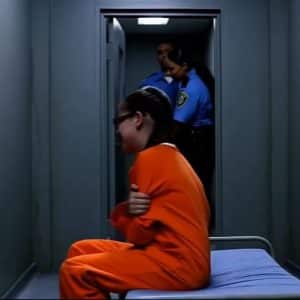Stephen Hawking, one of the most brilliant minds of our time, had a remarkably clear answer when asked if he believed in God:
“There is no God. No one directs the universe.”

Diagnosed with a debilitating motor neuron disease at 21, Hawking lived most of his life paralyzed—but he never let that stop him. His groundbreaking work in physics, bestselling books like A Brief History of Time, and public lectures made him a global icon of science and resilience.
Though unafraid of death, Hawking rejected the idea of an afterlife.
“I regard the brain as a computer that stops working when its parts fail. There’s no heaven or afterlife for broken-down computers. That’s a fairy story for people afraid of the dark,” he once told The Guardian.

Instead of divine design, Hawking believed in science, logic, and the laws of nature. In The Grand Design, he wrote:
“Spontaneous creation is why the universe exists, why we exist. It is not necessary to invoke God to light the blue touch paper and set the universe going.”
But while he dismissed religious ideas, Hawking was deeply concerned with humanity’s future. He warned about climate change, nuclear war, and especially artificial intelligence—predicting it could one day surpass us entirely.
“We may face an intelligence explosion… potentially our worst mistake ever,” he cautioned.
Hawking also famously warned against alien contact, saying it could end badly—just like Columbus’ arrival in the Americas.
Through it all, he remained curious, clear-eyed, and unflinchingly honest. His legacy challenges us not only to think bigger—but to face life’s biggest questions with courage and reason.





